The June Writers Academy Blog
Your guide to supporting your child’s development as a writer and thinker.
Parent Tips: Editing words & flow
What is editing for words and flow, and why is it an important skill for my child to learn?
Parent Tip: (Secular) Proverbs & Aphorisms
The fun and challenge of editing mangled secular proverbs and aphorisms.
Parent Tip: The value of metaphor
The value of teaching kids to write and think in metaphors.
Parent Tip: Writing first drafts
What to do if your child struggles to write a first draft.
Parent tip: Erratic verb tense and your child’s wild mind
What to do when your child’s writing doesn’t follow linear time conventions.
How do I teach my kid to edit their writing?
Read our summary of the stages of children’s intellectual development as writers and critical thinkers and how these stages interact with editing skills below. Yes, editing is far more than correcting grammar mistakes!
Launch News: Level 4 lessons now available!
If you’ve been itching to get your kid to finally (yes, a split infinitive) tighten up the mechanics of their writing—no more misplaced commas and complicated subjunctive clauses, etc.—this is the summer to realize your goal.
How our program works
“OK, but how does your program work?” Below is a breakdown of exactly what to expect from June Writers Academy, and answers to some of the questions we most often receive from parents exploring our program.
Parent Tips: Lesson 1.10
When kids first learn about commas, it’s helpful to ask them to say the word “comma” out loud whenever they see a comma in a sentence that they’re reading out loud as part of a worksheet or other school work (not when they’re reading a book for fun).
Parent Tips: Practice 4.4.1
In Practice 4.4.1, we ask kids to notice that specific words may carry just as much emotion as an exclamation mark. Kids who have completed Levels 2 and 3 will already be familiar with pathos, one of the core rhetorical tools popularized by Aristotle back in Ancient Greece.
Parent Tips: Practice 4.3.4
In Practice 4.3.4, we ask your kids to edit the Declaration of Independence, first to add appropriate commas and then to ruin it with fuzzy writing.
Parent Tips: Practice 4.2.3
In Practices 4.2.3 and 4.2.5, we ask your child to misuse commas in ways that impact the meaning of the text—first at the sentence and then at the paragraph level. And then, of course, fix and explain the mistakes.
Parent Tips: Practice 4.1.3
In Practice 4.1.3, we ask your child to connect their understanding of the concept of word and phrase classes with the way that words and phrases relate to each other in sentences.
Launch News: Level 4 will begin rolling out June 2, 2023
We’ve been hard at work producing Level 4: Grammar & Punctuation for Life, which teaches kids all about grammar and advanced punctuation. Check out our recent blog post about why and how we teach grammar here. If you’ve been itching to get your kid to finally (yes, a split infinitive) tighten up the mechanics of their writing—no more misplaced commas and complicated subjunctive clauses, etc.—this is the summer to realize your goal.
The (unusual) case for teaching grammar
We’ve begun production of Level 4: Grammar & Punctuation for Life, which teaches kids how to understand and use grammatical concepts and advanced punctuation. Levels one through three also cover foundational grammatical and punctuation concepts and skills, and we give mechanical feedback to kids on most practices. So, Level 4: Grammar & Punctuation for Life is not an island of mechanical learning in our program, but Level 4 will be where we help kids wrap their heads around what grammar means in the context of the rest of their life, why it’s useful to know, and how to use it with ease.
The layers of an argument
We’ve written before about the importance of teaching kids to write multi-layered arguments early in their development process. Writing three-layered arguments is the key work of our Level 2: Arguments in Microcosm program, but most kids and adults don’t immediately understand what this means—or looks like. So, here is a breakdown of what the different layers look like when it comes to kid writing.
News: Level 3 is now live!
Level 3: Texts Under Scrutiny is now live!
If your child struggles with or is ready to take on analytical reading and writing about challenging non-fiction texts, Level 3 is their rocket to success. Your child will learn:


















